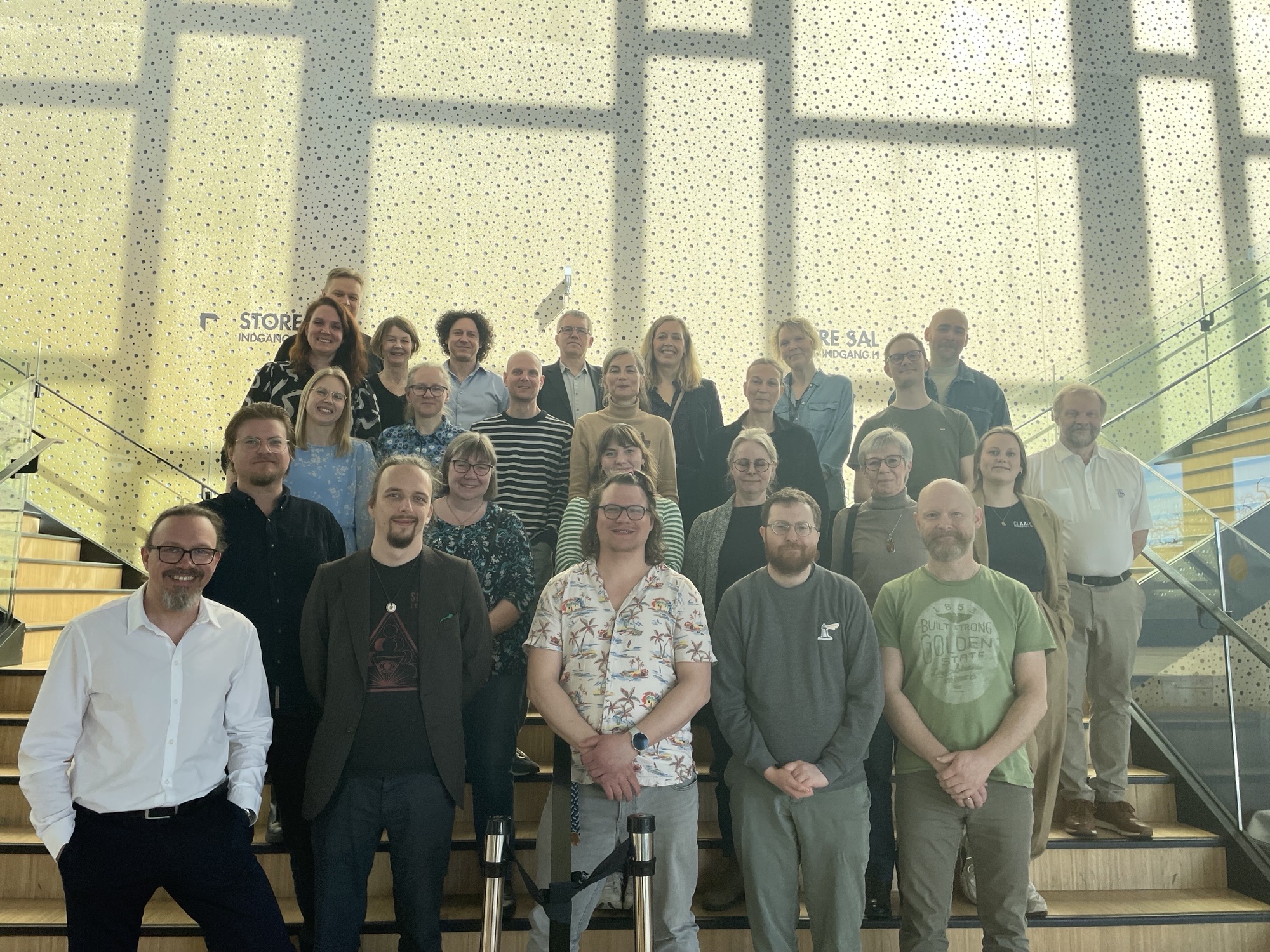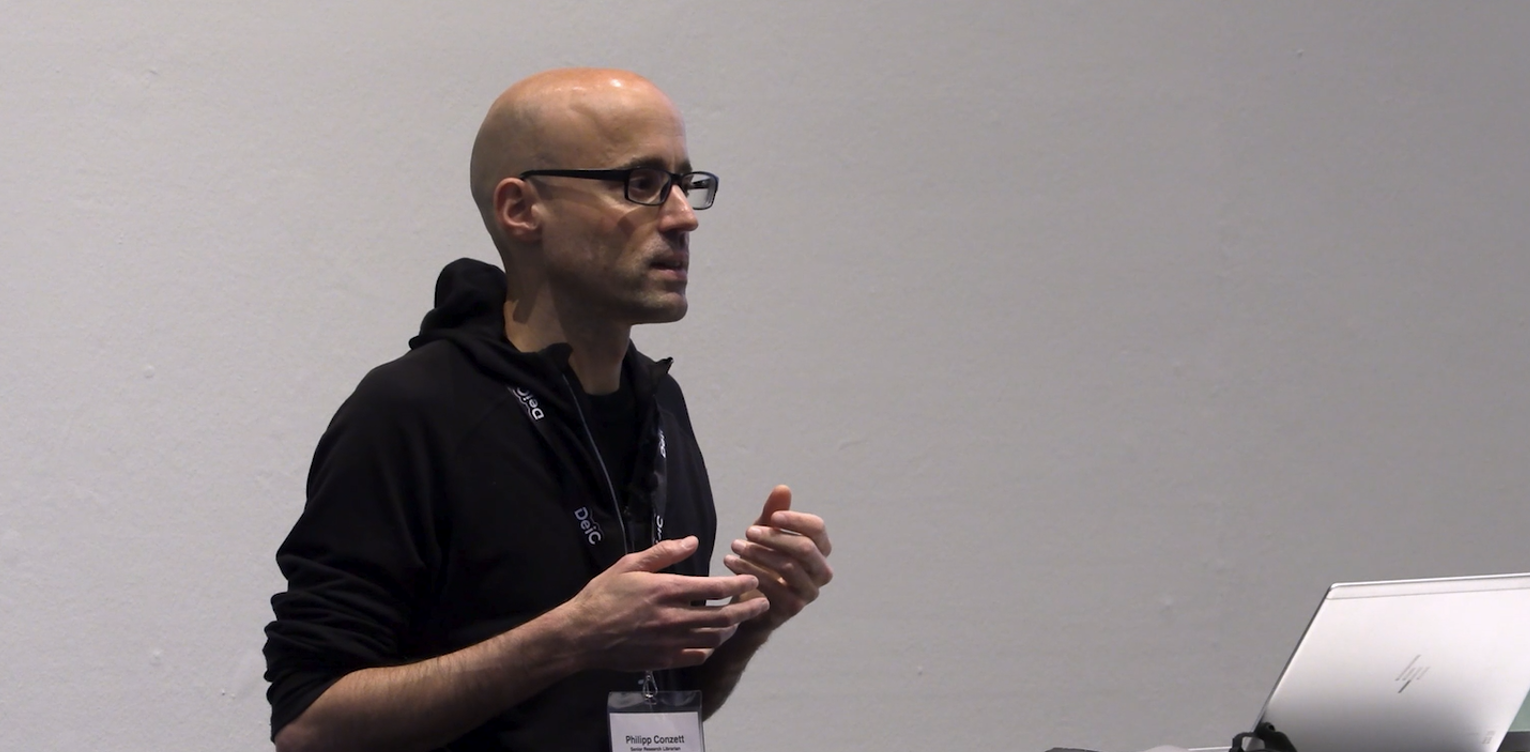Table of contents
Accessing and reusing content
Anyone may freely browse and view published content in DeiC Dataverse. All metadata are available under CC0 Public Domain.
Download and reuse of files in published datasets is subject to the terms and conditions for access and reuse defined by the creator(s) of the dataset. Please contact the dataset creator(s) when in doubt.
Only registered users may request access to restricted files. Access requests are handled directly by designated dataset manager(s).
It is good scientific practice to always acknowledge the original creator(s) when reusing research data – even when this is not explicitly required by the terms and conditions for access and reuse. A proper citation text is provided on the main page of each dataset and file.
Creating content
Only registered users may create content in DeiC Dataverse. A registered user must be affiliated with a Danish university. Login access is granted automatically through the institutional account via WAYF. Any questions and issues regarding institutional accounts (including for guest researchers and researchers with a temporary employment) are handled directly by the respective university.
User permissions and roles are managed entirely by the individual universities. When logging in for the first time, new users must contact their local support to request permission to create content within their university’s collection.
‘Content’ refers to datasets and collections. A typical dataset comprises of a metadata record and one or more files with data and documentation.
The following rules and restrictions apply for creating content in DeiC Dataverse:
- Content must fall under the scope of ‘research data’ – that means data that are collected or created as part of research activities at or for one of the Danish universities and in accordance with The Danish Code of Conduct for Research Integrity.
- Users may only create content suitable for publication, e.g. finalized datasets.
- Users may not deposit (upload) files containing personal, sensitive or classified information.
- Users may not disclose sensitive or classified information in the metadata. Users may only disclose personal information relevant for documentation (such as names of contributors) in the metadata with permission from the respective persons.
- Users must secure the rights for publication of the data before deposition (upload) of files in DeiC Dataverse. This includes obtaining permission from all collaborators and contributors involved in the collection, creation, analysis and curation of the data.
- Users must provide clear terms and conditions for the reuse of the data, preferably by selecting a standard reuse license.
- Users must comply with applicable policies and procedures from their own university.
Additionally, the following types of content may only be created with explicit permission from the user’s own university, since special procedures and responsibilities apply:
- Datasets with restricted or closed files.
- Datasets containing data already published elsewhere.
- Metadata records for physical objects.
- Metadata records for files archived outside DeiC Dataverse.
- Own collections.
Users should contact their local support for more information.
Publishing content
Users may only publish their created content with explicit permission from their own university, e.g. through approval by an institutional curator.
Upon publication, the content becomes available online for others to access and reuse – under the specified terms and conditions.
DeiC Dataverse guarantees continued availability of all content for at least 10 years after publication.
Users cannot remove content after publication. However, users can update their content and create new versions of published datasets. All previous versions of the dataset remain available. Users may request to ‘deaccession’ a published dataset (or particular versions thereof) to their institutional administrator. Upon deaccessioning, the dataset is replaced with a tombstone page.
Administration
The DeiC Dataverse system administrators and service managers as well as institutional and local administrators and/or curators may access and edit all content from their associated users before and after publication for administration and curation purposes. These include measures for ensuring compliance and quality assurance:
- Editing incorrect information in the metadata record and adding missing information.
- Editing terms and conditions for reuse of data.
- Modifying access restrictions to files and editing the terms and conditions for access.
- Managing access requests to restricted files.
In order to enforce compliance with the general terms of use for DeiC Dataverse, administrators are obliged to remove or deaccession prohibited or unwanted content, such as:
- Data not considered “research data”, including spam.
- Data containing personal, sensitive or classified information.
- Other data that may not be published, e.g. due to legal, ethical or contractual matters.
- Data collected or created by means of questionable research practices.
- Data for which the user does not own publication rights, particularly data underlying copyright restrictions or Intellectual Property Rights by a third party.
- ‘Orphaned’ data (unpublished drafts from users who are no longer affiliated with the university).
- Other types of data that are exempted from publication in DeiC Dataverse by additional policies from the respective university.
Administrators are obliged to respond to severe incidents such as security breaches immediately, including:
- Disclosure of personal, sensitive or classified information.
- Deposit of illegal content.
- Any misuse that might potentially harm the functionality of the application and its underlying infrastructure.
- Willful misuse of the service.
Administrators and service managers are entitled to modify user roles and permissions.



